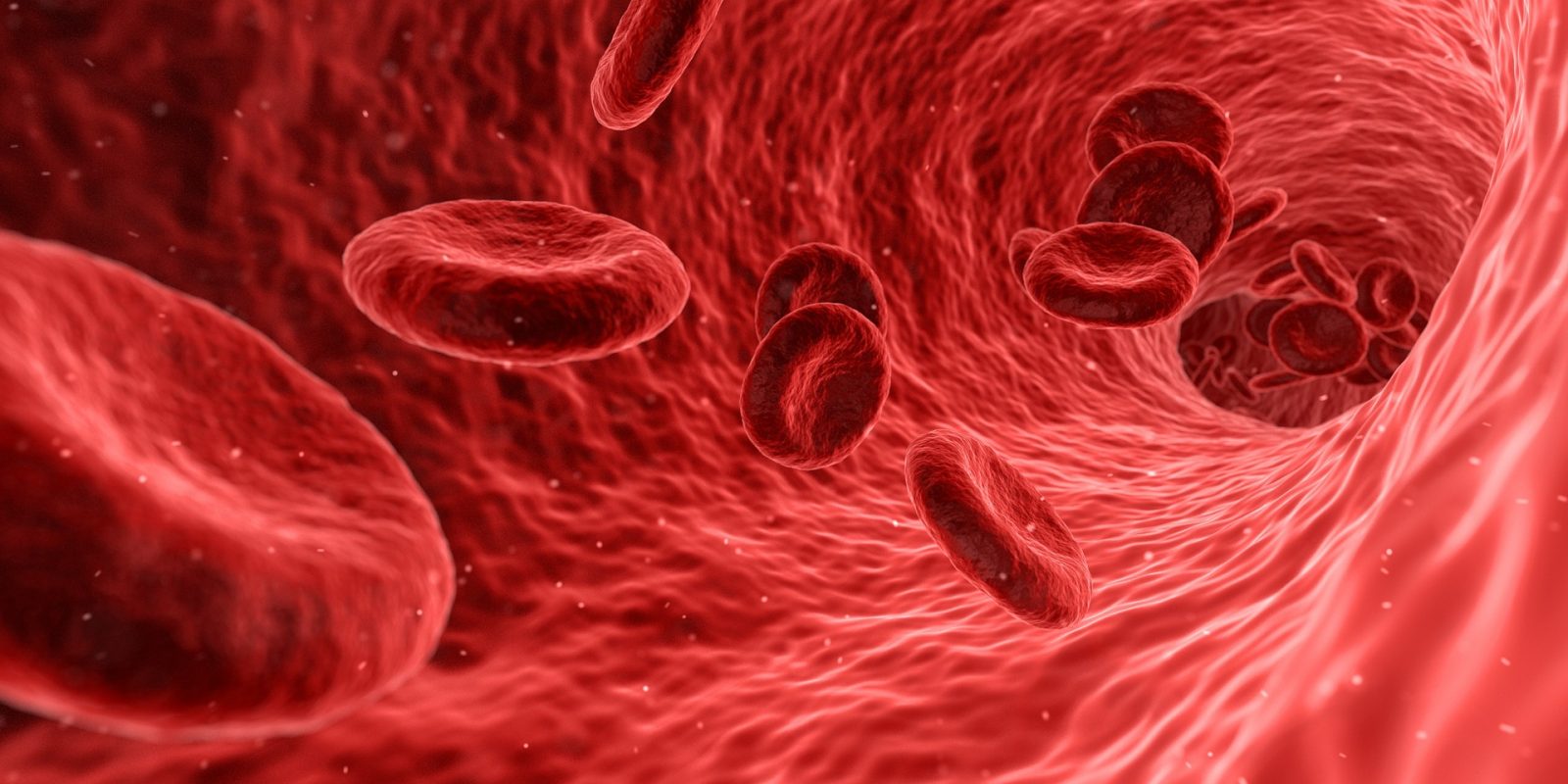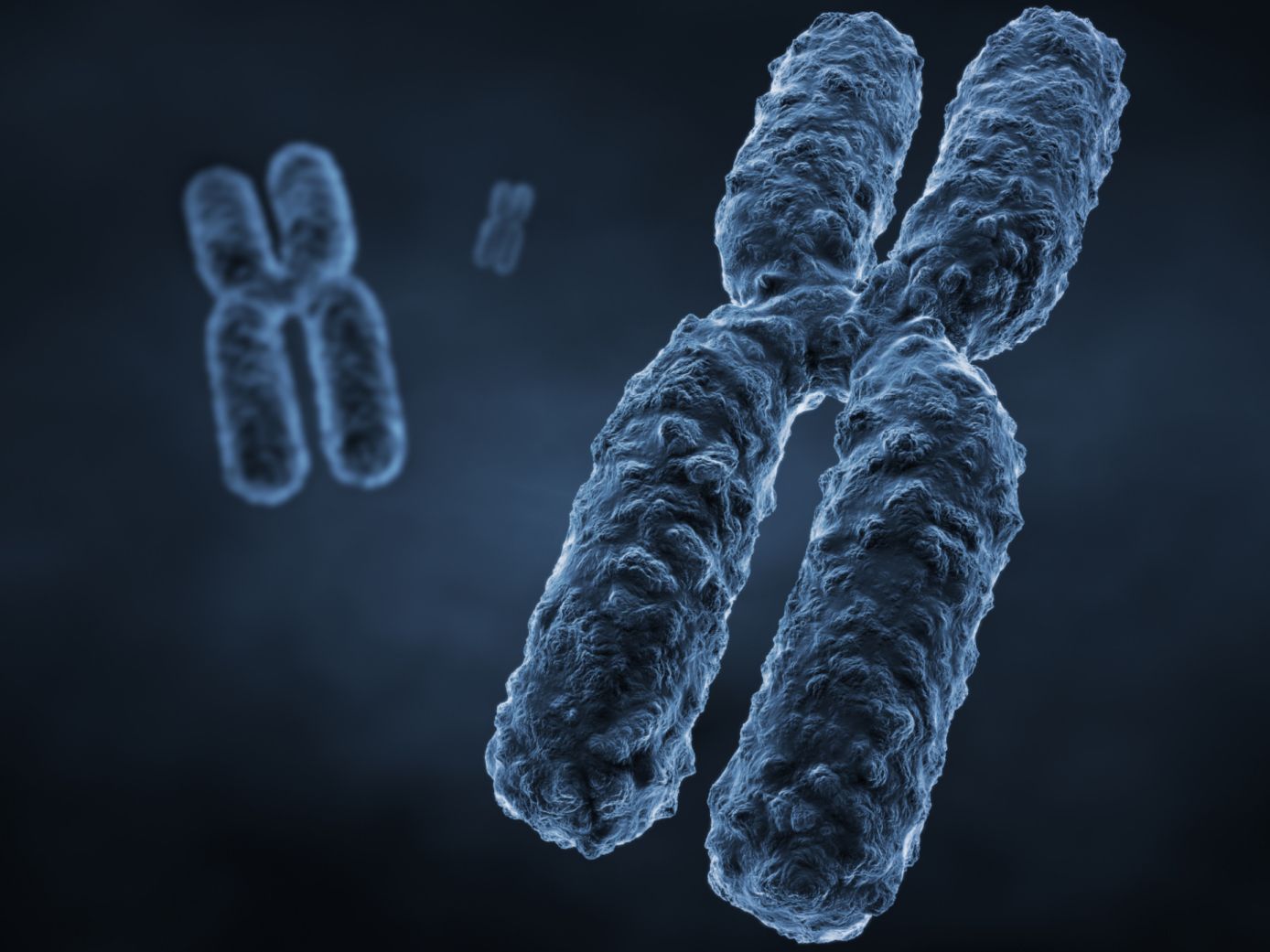
In school, we learn a great deal about different fields of science. Nevertheless, with the rapid rise of the internet, the knowledge you need to grasp about science becomes much more readily available. There's no reason to stop acquiring new scientific knowledge after we leave school just because there are no more tests to pass.
The essential framework for the principles that regulate the natural world is provided by science. This very entertaining quiz about how the natural world works covers biology, ecology, chemistry, physics, and astronomy. It will test your science knowledge to see if you still remember, and understand, the basics of several fields of science.
If you're someone who enjoys discovering new exciting facts, reading books, or watching films to learn more about the world, this challenging science quiz is perfect for testing your knowledge. The wide range of questions covering many different topics will thoroughly test you on the basics of science, and help you brush up on a few things at the same time.
Enjoy Quizly? Upgrade to Premium for an ad-free experience and exclusive features.
Get PremiumLet's See If You Know Your Basic Science — Can You Get 20 on This Quiz? Questions
Plants convert sunlight into food using a process called what?

Mitosis
Germination
Photosynthesis
Pollination
What orbits around the Earth?

Satellites
The moon
All of these
Asteroids
How many teeth do adult humans have?

22
32
40
58
How many chambers are there in a human heart?

One
Three
Four
Two
The DNA molecule is responsible for coding genetic instructions into every living thing. What does DNA stand for?

Deoxyribonucleic acid
Double helix molecule
Double nucleic acid
Divided nucleus acids
The liver produces:

Bile
Blood
Vomit
Saliva
Which of these systems is responsible for extracting nutrients from food?

Digestive system
Immune system
Circulatory system
Respiratory system
At sea level, what is the boiling point of water in Celsius?

80°
100°
110°
50°
What does an endocrinologist specialize in?

Teeth
Hormones
Heart
Brain
How long does it take for Earth to orbit the Sun?

24 hours
365 days
28 days
7 days
Botanically speaking, only one of the following is a vegetable. Which one is it?

Tomato
Celery
Eggplant
Avocado
How many elements will you typically find in water?

About ten
Just one: water!
None. It's pure.
Just two
True or false: The blood in your body is red.

True
False
Which part of the human body safeguards the trachea from food inhalation?

Larynx
Nose
Esophagus
Pharynx
How long does it take for Earth to make one rotation on its axis?

Seven days
365 days
27 days
24 hours
Who came up with the law of motion?

Albert Einstein
Olivia Newton-John
Charles Darwin
Isaac Newton
What is the process of transformation directly from the solid and the gaseous phases of matter?

Condensation
Sublimation
Deposition
Evaporation
What type of charge does a valence electron carry?

Positive
Neutral
Negative
Ionic
How many chromosomes do humans have?

46
40
23
17
How do caterpillars turn into butterflies?

Homeostasis
Evolution
Photosynthesis
Metamorphosis







3 Comments
I assume this question is supposed to read from the gaseous to the solid.
Oops, I meant from the solid to the gaseous!
18/20